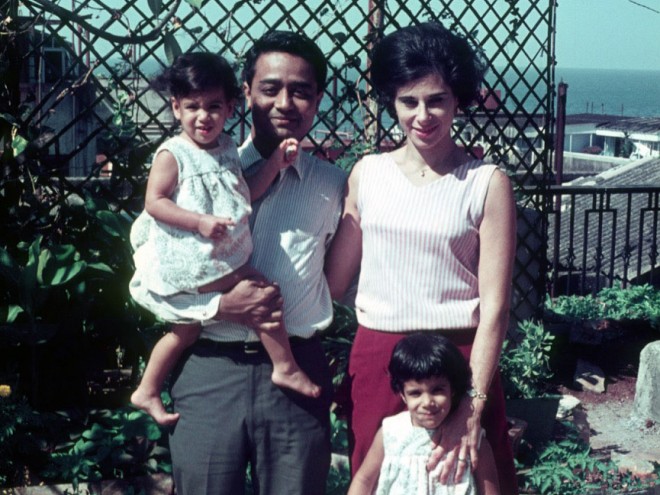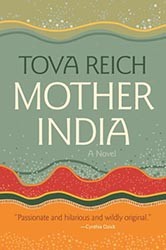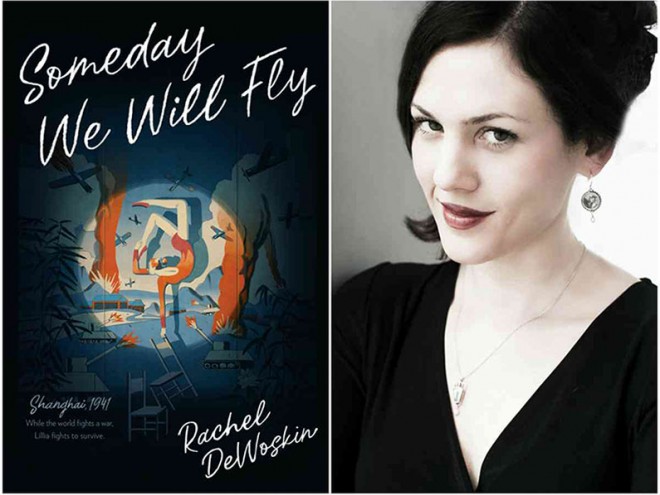Early on in Jennifer Acker’s debut novel, The Limits of the World, Amy says to her husband Sunil, “Whether your parents love you or love you enough is not the only fact about them. It’s impossible for our parents to be irrelevant. What matters is how we deal with them.” This notion of finding a balance between inhabiting one’s own ideals and appeasing those who have opposing views, those who cannot be cast aside, is the central tension of the novel. It appears in many forms: with Urmila and her son, Sunil, who chooses to pursue philosophy instead of medicine; with Amy and her parents, who become Orthodox Jews after raising Amy without religion; and with Urmila and Premchand, her husband, who chooses to disconnect from the world he and Urmila left in Nairobi. In these tense familial dynamics, each character is forced to ask themselves, what am I willing to sacrifice to make peace?
The characters’ difficulty in bending from their respective ideals is what makes The Limits of the World such a propulsive read. Their inflexibility, their devout belief that their values are the correct ones repeatedly brings up the question, can one culture be moralistically superior to another? The arguments that follow this question are rich, blunt, and judgmental at times, and although harmful in themselves, are honest portraits of the irrational biases many people hold.
Furthermore, Acker expresses the subtleties of the characters’ inflexibility: the stiff body language, the pressing questions, the unwillingness to reach out and address their differences. These moments feel tragically real and maddeningly true. They’re a revealing and precise examination of how small, persistent actions can push others away.
The Limits of the World is well-researched. It explores the racial politics and the history of British Colonialism in Kenya through voice memos that Sunil’s grandfather recorded before he became ill. In tempered, evocative prose, he tells the story of his family’s migration from India to Kenya, the work they had to do to survive, and the ways in which the British fashioned the racial hierarchy that Sunil’s grandfather describes. These passages appear between the present-day action, smoothly weaving in historical context that informs and enriches what happens in the present.
Although its characters sometimes are cruel to one another, The Limits of the World is a deeply compassionate story that explores moralistic objectivity and the aftereffects of both colonialism and Americanization on the individual.
Benjamin Selesnick is a psychotherapist in New Jersey. His writing has appeared in Barely South Review, Lunch Ticket, Tel Aviv Review of Books, and other publications. He holds an MFA in fiction from Rutgers University-Newark.





